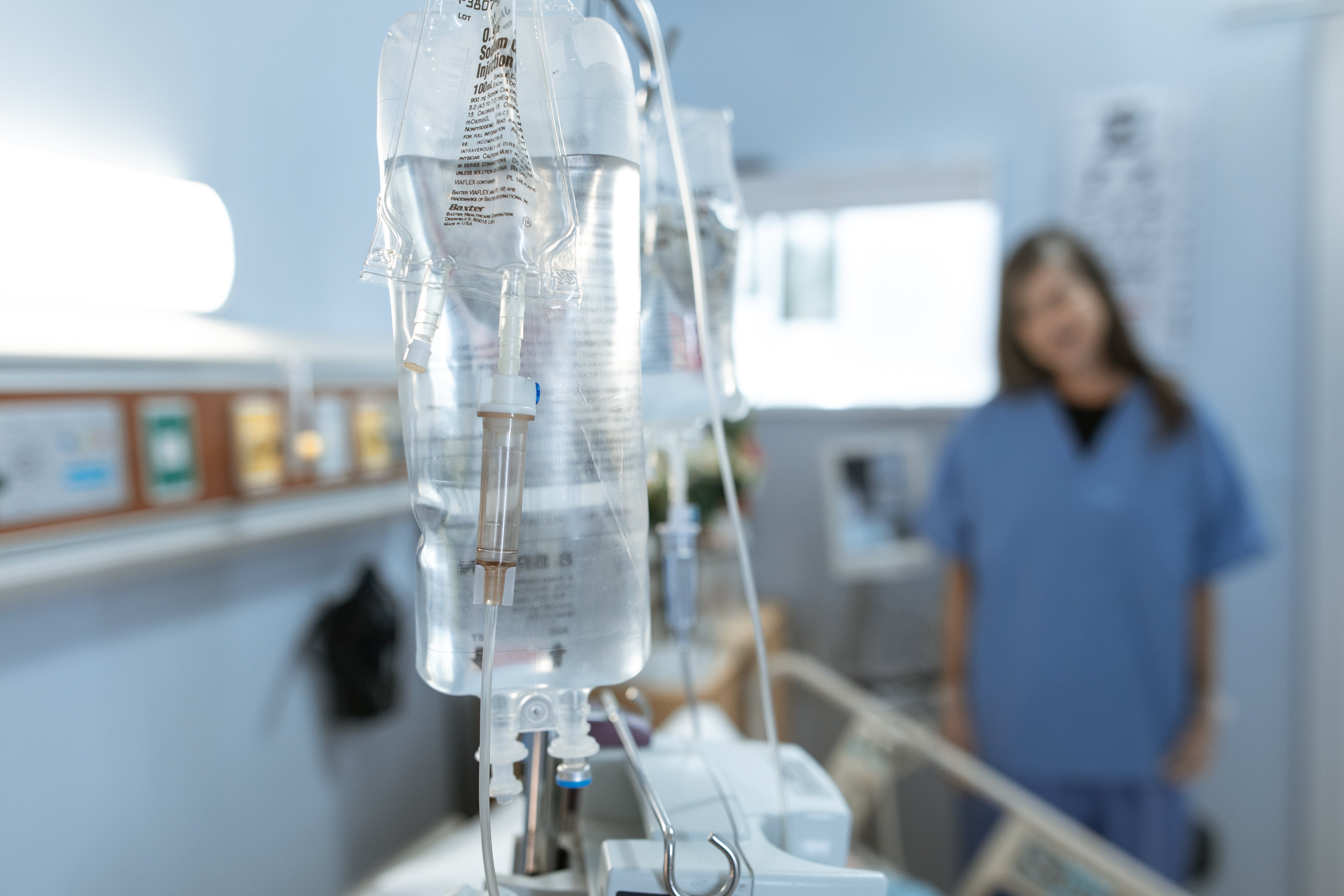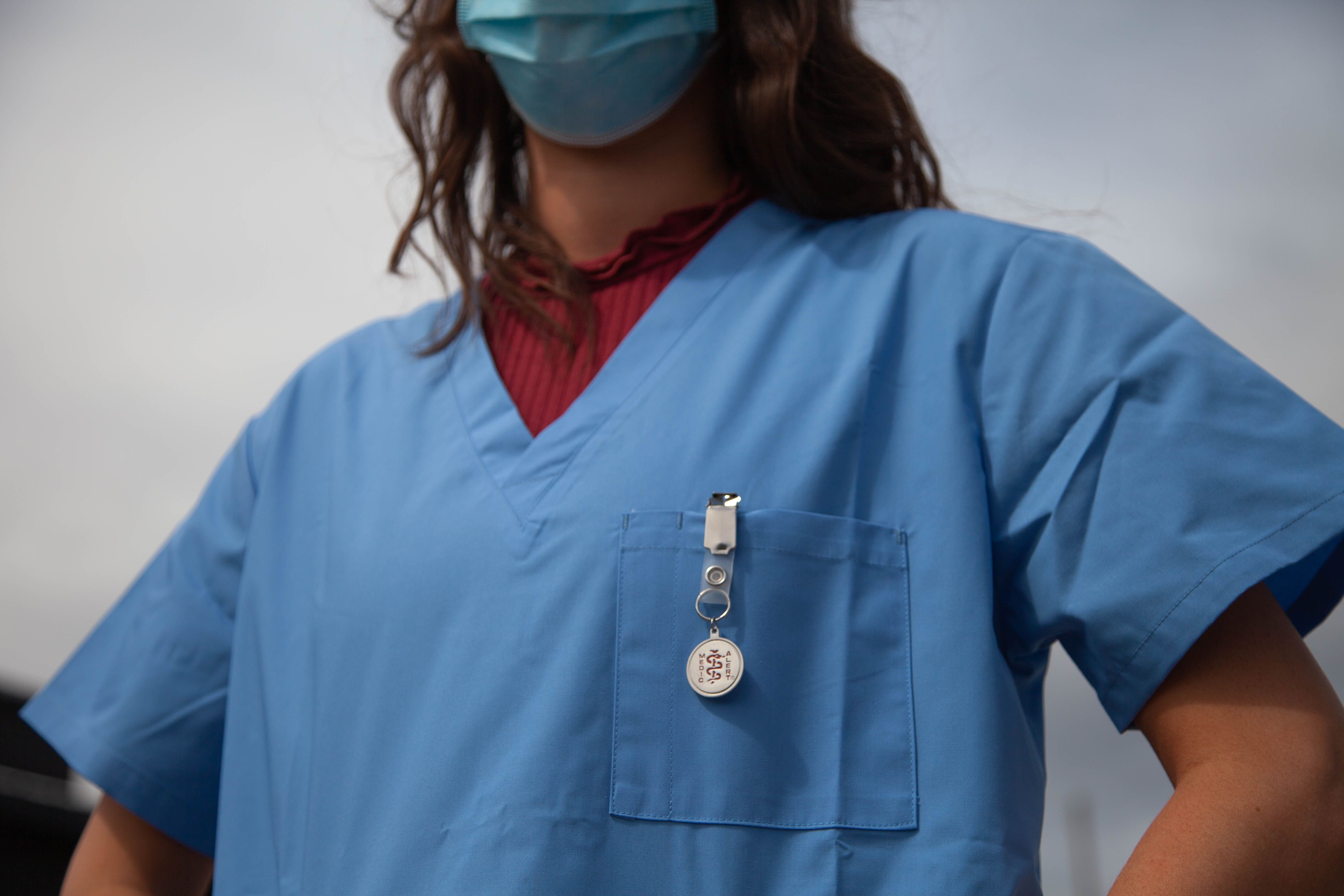Dermatology deals with the structure, functions and appearance of the skin, hair, nails and mucous membranes (mouth and genitalia), and the impacts on these of primary and systemic diseases.
Overview
Skin, the largest organ in the human body, can be affected by over 2,000 diseases. Besides the pathological processes involved and the physical impact of these conditions, the psycho-social effects must also be understood. Diseases affecting skin and hair can have a serious impact on a patient’s appearance, comfort, and psychological well-being. A dermatologist is in a position to drastically improve a patient’s quality of life, which brings enormous job satisfaction.
Dermatologists have at their disposal, a huge variety of treatments to manage a tremendous number of diseases, including novel immunomodulatory drugs, phototherapies, laser treatments and cryotherapy.
Dermatologists can develop subspecialty interests such as paediatric dermatology or occupational dermatoses.
Mainly an outpatient specialty with a less demanding on-call workload, dermatology offers wide clinical variety and a good work- life balance.
Training in dermatology is completed in two stages:
Basic Specialist Training in General Internal Medicine (or an equivalent programme) – Two years
Higher Specialist Training in Dermatology – Five years

Higher Specialist Training (HST)
Requirements
You must have completed Basic Specialist Training in the relevant specialty (or an equivalent programme) by the start date for HST. Please note that not all BST programmes offer consideration of equivalence.
You must have achieved a relevant postgraduate qualification such as MRCPI in General Medicine, General Paediatrics or Obstetrics and Gynaecology. Please note: we have reverted to the previous regulations regarding the examination which were in place before COVID-19. That is, all HST candidates must have successfully passed their MRCPI Clinical Examination relevant to their speciality before their HST interview date. There are no exceptions to this requirement.
You must be currently or previously registered on one of the divisions of the Irish Medical Council, or provide proof of eligibility for registration
You must have proof of competency in the English language in line with HSE specifications.
You must have demonstrated an aptitude for, and an interest in, that specialty.



